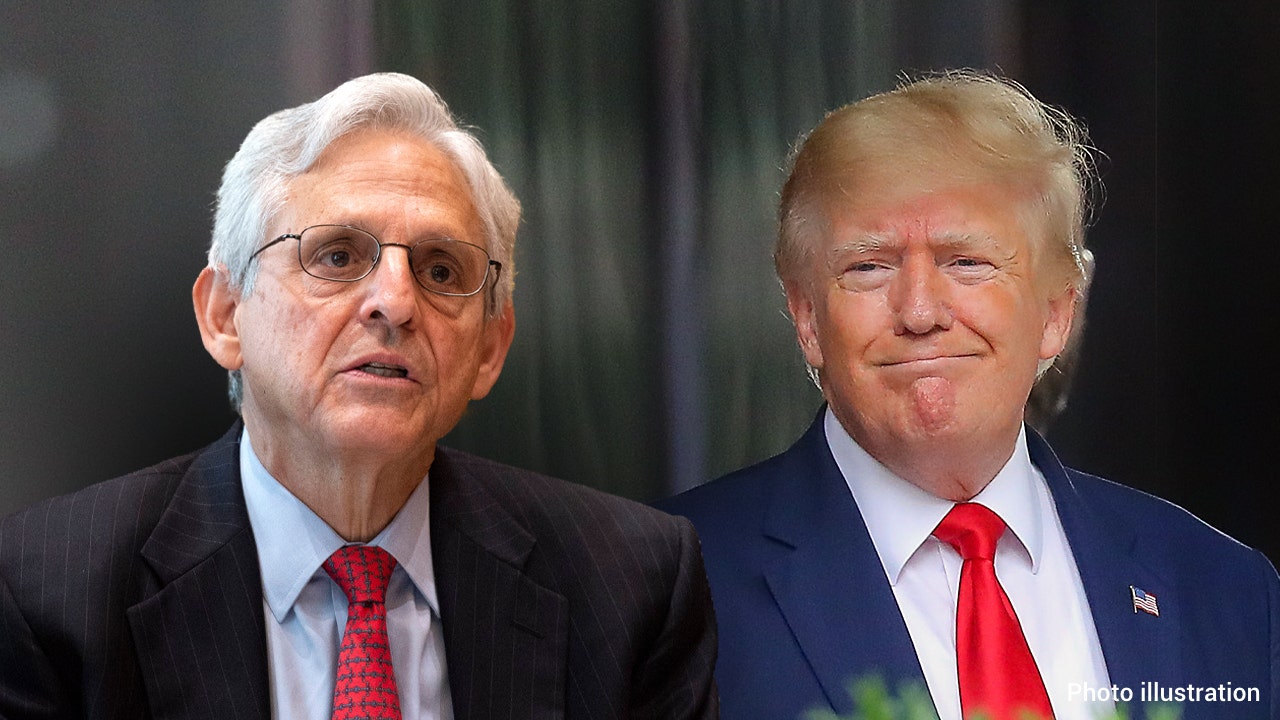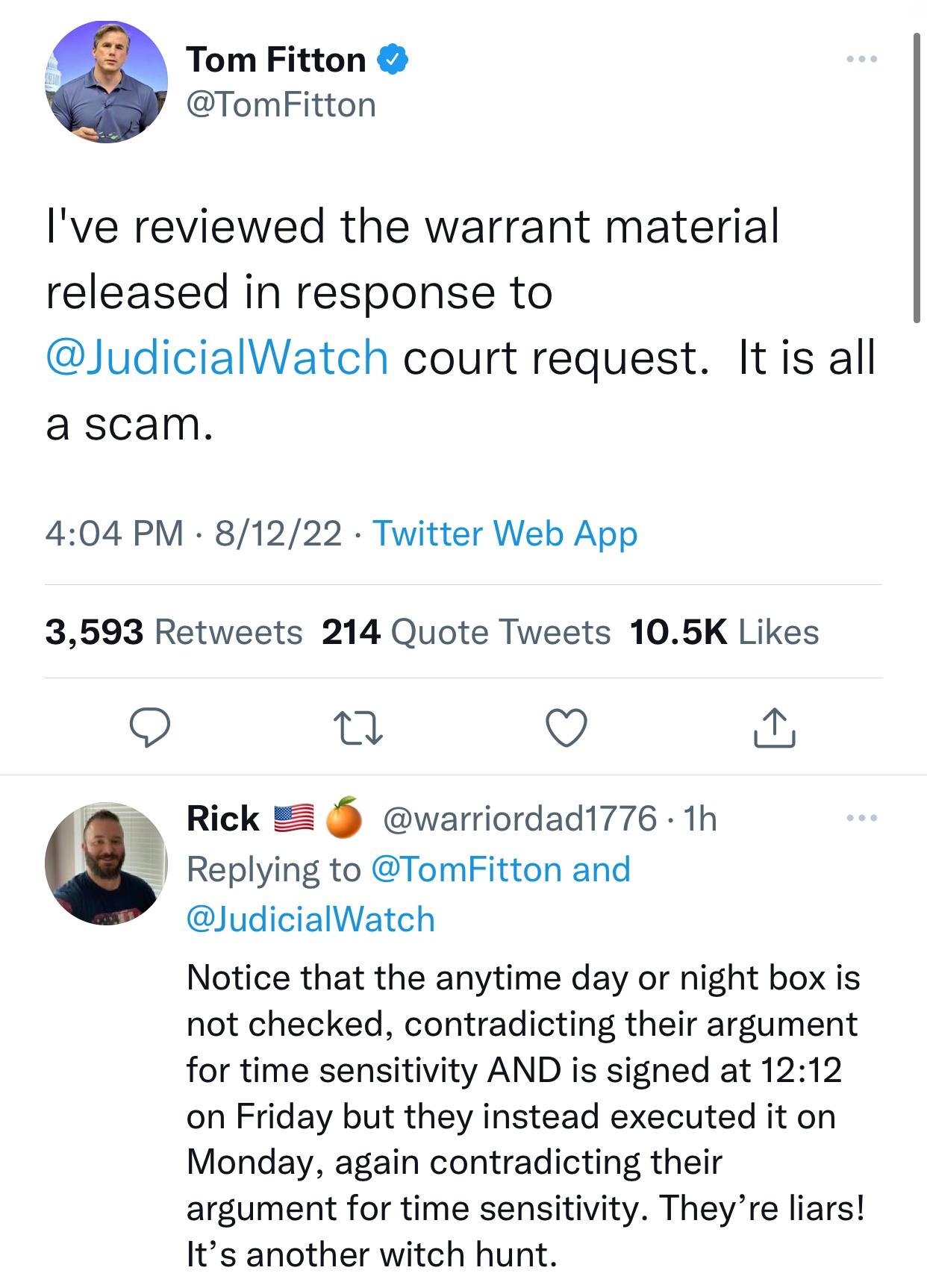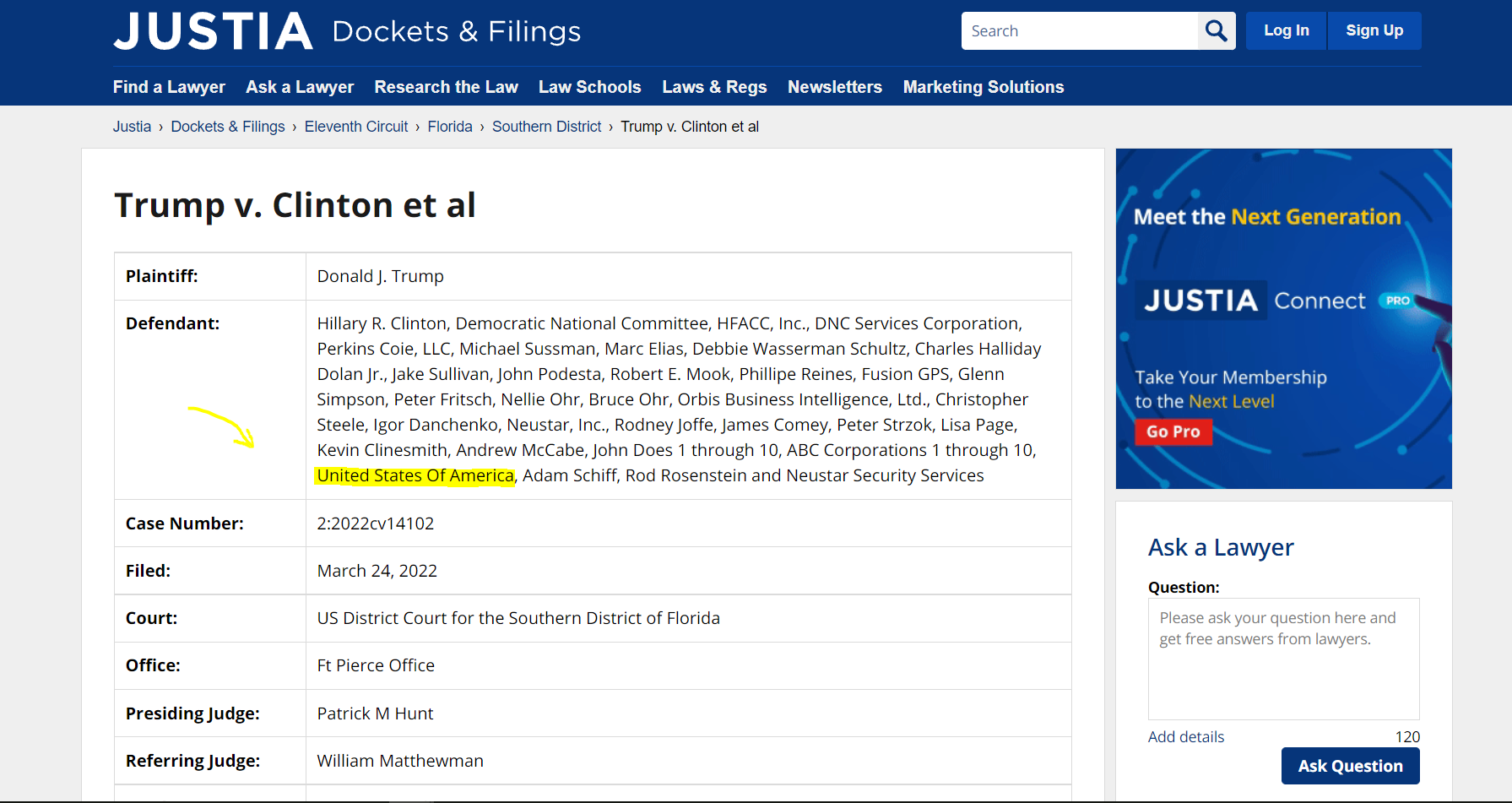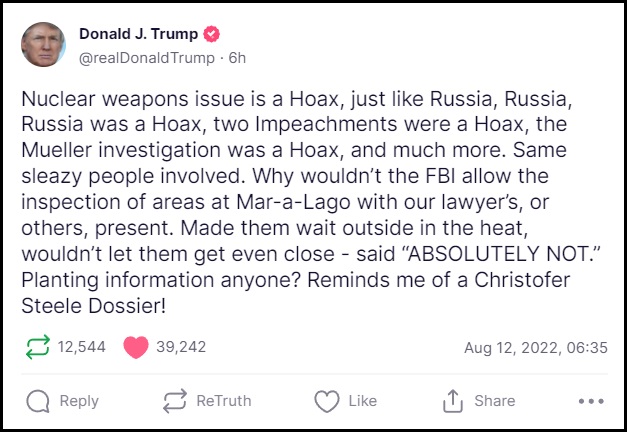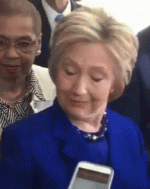Federal agents removed top secret documents when they searched former President Donald J. Trump’s Florida residence on Monday as part of an investigation into possible violations of the Espionage Act and other laws, according to a
search warrant made public on Friday.
F.B.I. agents seized 11 sets of documents in all, including some marked as “classified/TS/SCI” — shorthand for “top secret/sensitive compartmented information,” according to an inventory of the materials seized in the search. Information categorized in that fashion is meant to be viewed only in a secure government facility.
It was the latest stunning revelation from the series of investigations swirling around his efforts to retain power after his election loss, his business practices and, in this case, his handling of government material that he took with him when he left the White House.
The results of the search showed that material designated as closely guarded national secrets was being held at an unsecured resort club, Mar-a-Lago, owned and occupied by a former president who has long shown a disdain for careful handling of classified information.
The documents released on Friday also made clear for the first time the gravity of the possible crimes under investigation in an inquiry that has generated denunciations of the Justice Department and the F.B.I. from prominent Republicans and fueled the anger of Mr. Trump, a likely 2024 presidential candidate.

A federal judge on Friday unsealed the search warrant for former President Donald J. Trump’s Mar-a-Lago residence in Palm Beach, Fla., as well as a list of items removed from the property when federal agents executed the warrant this week.
READ DOCUMENT 7 PAGES
In total, agents collected four sets of top secret documents, three sets of secret documents and three sets of confidential documents, the inventory showed. Also taken by the F.B.I. agents were files pertaining to the pardon of Roger J. Stone Jr., a longtime associate of Mr. Trump, and material about President Emmanuel Macron of France — along with more than a dozen boxes labeled only by number.
The disclosure of the search warrant and the inventory made clear the stakes of the collision between a Justice Department saying it is intent on enforcing federal law at the highest levels and a former president whose norm-shattering behavior includes exhibiting a proprietary view of material that legally belongs to the government.
It is not clear why Mr. Trump apparently chose to hang onto materials that would ignite another legal firestorm around him. But last year, he told close associates that he regarded some presidential documents as his own personal property. When speaking about his friendly correspondence with the North Korean leader Kim Jong-un, Mr. Trump said, “They’re mine,” according to a person familiar with the exchange.
Even though the F.B.I.’s inventory of materials seized from Mar-a-Lago indicated that numerous files had markings like “top secret,” Mr. Trump said on Friday that he had declassified all the material. Presidents wield sweeping power to declassify documents, although normally when that happens such markings are removed.
But even if Mr. Trump declassified the information before he left office, none of the three potential crimes cited by the department in seeking the warrant
depend on whether a mishandled document has been deemed classified.
The warrant said the agents would be searching for material as they investigated potential violations of the Espionage Act, which outlaws the unauthorized retention of defense-related information that could harm the United States or aid a foreign adversary — a standard that was written by Congress before the creation of the modern classification system.
It also cited a federal law that makes it a crime to destroy or conceal a document to obstruct a government investigation, and another statute that bars the unlawful taking or destruction of government records or documents.
The existence of a search warrant does not mean the Justice Department has decided to pursue criminal charges against anyone. Mr. Trump has repeatedly said he did nothing wrong.
A federal court in Florida unsealed the search warrant and the inventory on Friday after a request from the Justice Department a day earlier to make them public. Sections of the warrant and the accompanying inventory were reported earlier in the
The Wall Street Journal, and The New York Times obtained them as well before they were unsealed.
The warrant appears to have given agents broad latitude in searching for materials deemed to be improperly stored at Mar-a-Lago, allowing access to “the 45 Office” and “all storage rooms and all other rooms or areas” on the premises that might be used to store documents.
The most informative and sensitive document —
the Justice Department’s application for the warrant, which most likely included an affidavit detailing the evidence that persuaded a judge there was probable cause to believe that a search would find evidence of crimes — was not among the documents the department asked to unseal. It is unlikely to become public soon if ever.
The documents did little to answer several fundamental questions about the daylong search, including its timing. It took place after months of negotiations between the department and the former president’s lawyers.
The investigation into possible Espionage Act violations represents a previously unknown and potentially significant dimension to an inquiry initiated by the National Archives.
The act includes several provisions that could apply to Mr. Trump’s case, particularly if it is later found that he was grossly negligent in storing the materials, or knew that the information he possessed could harm U.S. interests and still declined to return it to investigators, said Mary McCord, a former top official in the Justice Department’s National Security Division.
“We are talking about highly classified documents with the potential to seriously harm U.S. national security, including by benefiting foreign agents,” said Ms. McCord, now the executive director of Georgetown Law’s Institute for Constitutional Advocacy and Protection.
The unsealing of the search warrant helped to flesh out what is known about why Attorney General Merrick B. Garland, following the advice of the National Security Division, felt compelled to search the former president’s home.
The search was carried out as part of the government’s effort to account for documents that one person briefed on the matter said related to some of the most highly classified programs run by the United States.
The person told The Times that investigators had been concerned about material that included some from what the government calls
“special access programs,” a designation that is typically reserved for extremely sensitive operations carried out by the United States abroad or for closely held technologies and capabilities.
The Washington Post reportedthat some of that material might have been related to classified documents “relating to nuclear weapons,” which could have been part of the special access programs designation.
In January, Mr. Trump turned over to the National Archives 15 boxes of material he had improperly taken with him when he left office. The archives subsequently identified classified material in the boxes and
referred the matter to the Justice Department, which later convened a grand jury.
But as the results of Monday’s search appeared to show, other government material remained at Mar-a-Lago. Why Mr. Trump did not return it along with the 15 boxes he gave to the archives in January is not clear. But at some point, the Justice Department learned about it, and it issued a subpoena this spring demanding the return of some materials.
The existence of the subpoena suggests that the department tried methods short of a search warrant to account for the material before taking the politically explosive step of sending F.B.I. agents unannounced to Mar-a-Lago.
Jay Bratt, the department’s top counterintelligence official, traveled with a small group of other federal officials to Mar-a-Lago in early June.
There, they met with Mr. Trump’s lawyer Evan Corcoran and examined a basement storage area where the former president had stowed material that had come with him from the White House. Mr. Bratt subsequently emailed Mr. Corcoran and told him to further secure the documents in the storage area with a stronger padlock.
Then federal investigators subpoenaed surveillance footage from the club, which could have given officials a glimpse of who was coming in and out of the storage area, according to a person with knowledge of the matter.
During the same period, investigators were in contact with a number of Mr. Trump’s aides who had some knowledge of how he stored and moved documents around the White House and who still worked for him, three people familiar with the events said.
At least one witness provided the investigators with information that led them to want to further press Mr. Trump for material, according to a person familiar with the inquiry.
Federal officials came to believe this summer that Mr. Trump had not relinquished all the material that left the White House with him at the end of his term, according to three people familiar with the investigation.
Last Friday, the Justice Department applied for the search warrant. Early on Monday morning, F.B.I. agents arrived at Mar-a-Lago.
NY Times
Katie Benner contributed reporting.

